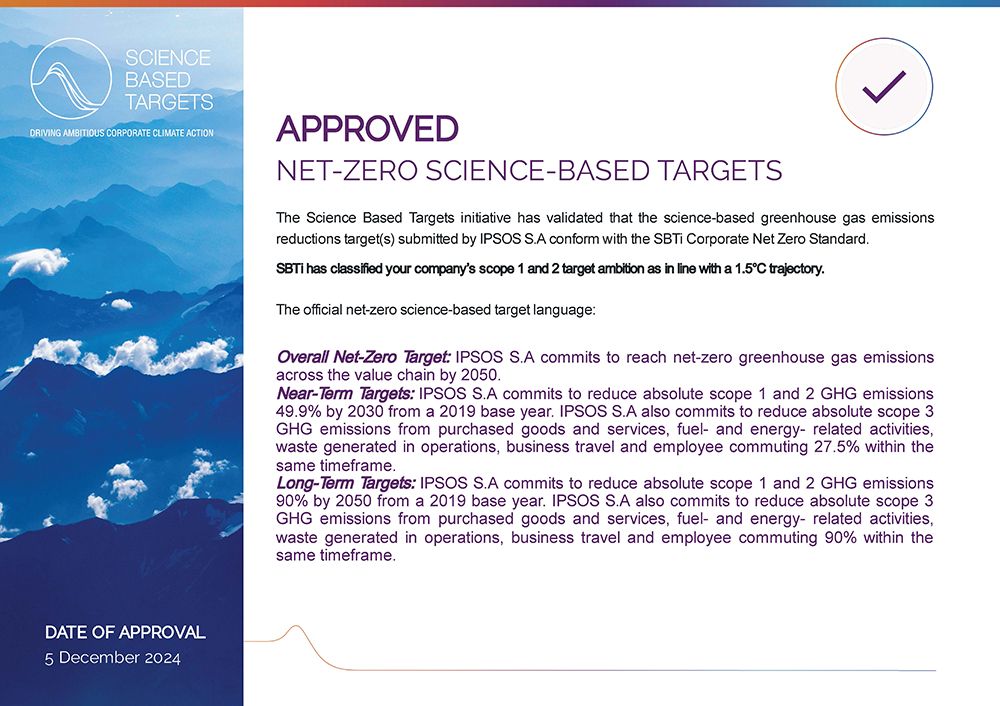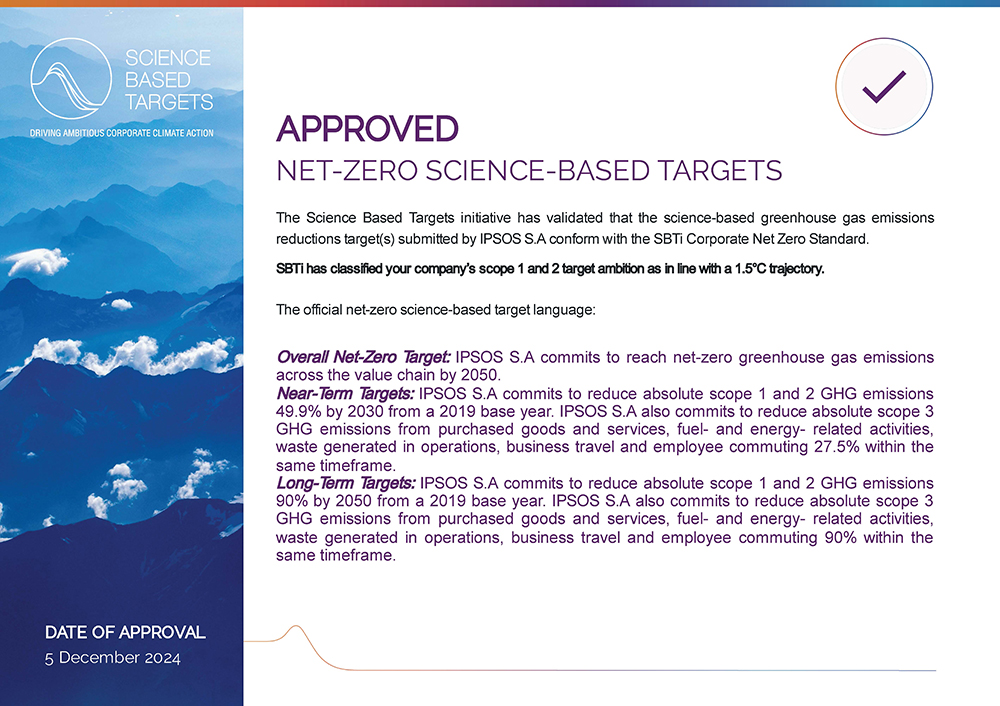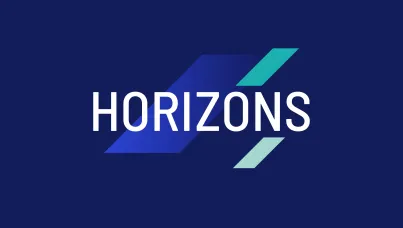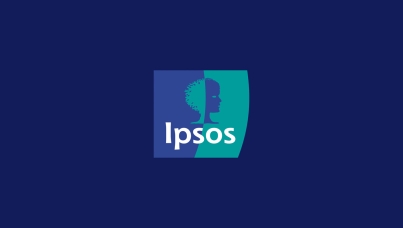Climate Action: Ipsos’ near-term and net-zero targets validated by the Science Based Targets initiative (SBTi)
 The Science Based Targets initiative has validated the science-based greenhouse gas emissions reductions targets submitted by Ipsos. Ipsos has committed to reducing its absolute scope 1 and 2 greenhouse gas emissions by 49.9% by 2030 from a 2019 base year. Ipsos has also committed to reducing its absolute scope 3 emissions from purchased goods and services, fuel- and energy-related activities, waste generated in operations, business travel, and employee commuting by 27.5% within the same timeframe.
The Science Based Targets initiative has validated the science-based greenhouse gas emissions reductions targets submitted by Ipsos. Ipsos has committed to reducing its absolute scope 1 and 2 greenhouse gas emissions by 49.9% by 2030 from a 2019 base year. Ipsos has also committed to reducing its absolute scope 3 emissions from purchased goods and services, fuel- and energy-related activities, waste generated in operations, business travel, and employee commuting by 27.5% within the same timeframe.
The SBTi has also validated that Ipsos’ Corporate net-zero target conforms with the SBTi Standard. Through this target, Ipsos has committed to reaching net-zero greenhouse gas emissions across its value chain by 2050. Reaching net-zero implies reducing emissions, across all 3 scopes, by at least 90% vs. the base year, and offsetting the remaining emissions.
This validation by the SBTi is an important step, in line with Ipsos’ commitment to follow a CO2 emissions reduction trajectory consistent with the Paris Climate Agreement’s ambition against global warming.
After reducing its total emissions by 21% since 2019 (scopes 1, 2 and 3*), Ipsos is implementing an ambitious decarbonisation plan, involving all its entities worldwide, in support of these objectives – which matter to us as corporate citizens, to our clients, and to our staff.
* Scope 1: Direct GHG emissions. Scope 2: Electricity indirect GHG emissions. Scope 3: Other indirect GHG emissions.
About the SBTi: The Science Based Targets initiative (SBTi) is a collaboration between CDP, the United Nations Global Compact, the World Resources Institute (WRI) and the Worldwide Fund for Nature (WWF). The SBTi defines and promotes best practice in science-based target setting and independently assesses companies’ targets.





